Legislative Update, April 23

- House Passes Health Literacy Bill
- House and Senate Appoint Budget Conferees
- Improving Access to Oral Health Through Teledentistry
- Border Health Bills Get Heard in Senate Committee
Upcoming Hearings for the week of April 22
|
Advocacy Bill Tracking Research
|
___________________________________________________________________________________________
State Updates
House Passes Health Literacy Bill
One out of five Texans lack the knowledge to manage their health and prevent disease. Knowing how to seek medical care and take advantage of preventive services requires understanding health information to make informed decisions. Last Tuesday, Representative John Turner (D- Dallas), laid out House Bill 2032 on the House floor for consideration, where it easily passed on a vote of 101-33 and is now headed to the Senate. The bill directs the Statewide Health Coordinating Council (SHCC) to create an advisory committee that will develop a state plan to increase health literacy so that Texans are able to obtain, process and understand basic health information to make healthy decisions.
The health impacts of low health literacy result in the reduced physical and mental health of Texans. Methodist Healthcare Ministries championed similar legislation in 2017 and returned this session to support the SHCC’s formal recommendation to establish these provisions in statute. The development of a health literacy plan will increase patient adherence, decrease hospital readmissions and increase a patient’s ability to manage medications correctly. Work continues to secure a hearing for HB 2032 in the Senate Health and Human Services Committee in the coming weeks.
House and Senate Appoint Budget Conferees
The House and Senate have completed work on their respective versions of the state’s two-year budget, the 2020-2021 General Appropriations Act, and must now come to an agreement before the legislative session officially ends on May 27. House Speaker Dennis Bonnen and Lieutenant Governor Dan Patrick each named five members to the Budget Conference Committee to iron out the differences between the House and Senate appropriation bills.
- In the House, Representative John Zerwas (R- Fulshear) will serve alongside Representatives Greg Bonnen (R-Friendswood), Sarah Davis (R-Houston), Oscar Longoria (D-Mission), and Armando Walle (D-Houston).
- In the Senate, Senator Jane Nelson (R-Grapevine) will serve alongside Senators Joan Huffman (R-Houston), Lois Kolkhorst (R-Brenham), Larry Taylor (R-Friendswood), and Robert Nichols (R-Jacksonville).
Leaders remain optimistic about reaching an agreement on the budget, however, there are significant differences between the House and Senate. The House budget appropriates $116.5 billion in state funds and $2.3 billion from the Economic Stabilization Fund (ESF), while the Senate budget appropriates $116.8 billion in state funds and no dollars from ESF. The Legislative Budget Board has released the following summaries for the House and Senate bills. Methodist Healthcare Ministries has several important issues that will be decided in conference negotiations, including funding for the reconstruction of the San Antonio State Hospital, outpatient mental health treatment, substance use treatment, women’s health programs, early childhood intervention services, and other budget items. Conferees are expected to convene for their first meeting on Tuesday, April 23.
Improving Access to Oral Health Through Teledentistry
While oral healthcare has improved across many states, Texas continues to fall behind and currently ranks 44thin the nation for rural oral healthcare. Currently, 310,000 Texans do not have access to dental care, with 93,000 insured patients needing to travel more than 15 miles to access dental services and 411,000 people living in a designated dental health professional shortage area. As a result of the low ranking, the U.S. Rural Health Report Card for 2017 gave Texas an “F” for rural access to dental care. To improve access to dental care for underserved areas, Senator Charles Perry (R-Lubbock) filed Senate Bill 792. The bill received a hearing last week in the Senate Health & Human Services Committee and remains pending.
Of Texas’ 29 million resident’s, teledentistry stands to provide care to 3.1 million patients in rural communities. SB 792 defines teledentistry and enables dentists to supervise up to two dental hygienists at alternative sites using telemedical services, bringing care directly to patients. Witnesses in support of the bill testified that SB 792 lays the groundwork for improving access to oral healthcare and explained the need to integrate medicine and dentistry through telehealth oral consultations for effective disease prevention and identification, such as cancers.
Increasing access to routine oral health care services that prevent tooth decay and reduce the prevalence of chronic diseases is a legislative priority for Methodist Healthcare Ministries. In an effort to engage local faith communities on improving access to dental care, the Ministries providing funding to Texas Impact to develop the 2018 primer, Equipping Texas Faith Communities for Oral Health Leadership.
Border Health Bills Get Heard in Senate Committee
In response to emerging public health threats, such as tuberculosis and Zika outbreaks, the Task Force of Border Health Officials was formed last session to identify public health priorities uniquely affecting counties on the Texas-Mexico border. Local health department officials appointed to the Task Force released a legislative report in December outlining both short-term and long-term recommendations that would aim to: improve the public health infrastructure, reduce communicable diseases, reduce chronic diseases, improve environmental health and improve maternal child health in border counties. To codify these recommendations into law, Senator Eddie Lucio, Jr (D-Brownsville) laid out the following bills in the Senate Health and Human Services Committee last week.
- Senate Bill 1119– Establishes the border public health initiative to reduce the adverse health impacts of diabetes, hypertension, and obesity for adults and children by promoting educational resources, screenings and referrals.
- Senate Bill 1120– Provides border-specific continuing education training to community health workers, health care professionals and local public health employees to diagnose and treat communicable diseases, such as tuberculosis and increase immunization rates.
- Senate Bill 1121– Improves access to laboratory agreements for public health departments along the border so that public health departments in a short time frame can test specimens to diagnose and treat diseases.
- Senate Bill 1122– Establishes a sanitarian recruitment and retention program that would improve disease management response by controlling vector breeding of food-borne, water-borne, vector-borne and zoonotic diseases, such as Zika.
- Senate Bill 1124– Establishes the public health multidisciplinary response team (consisting of an epidemiologist, nurse, sanitarian and public health specialist) which would be deployed to assess the border health infrastructure, response capabilities and develop countermeasures to mitigate emerging public health threats.
- Senate Bill 1312– Issues restricted pesticide applicator licenses to local health departments for the sole purpose of mosquito control in border counties. The bill also directs the study of the ongoing needs of border counties related to infectious disease management.
- Senate Bill 1313– Establishes a school-based childhood obesity and other chronic disease prevention demonstration program and establishes a chronic disease prevention program for adults to serve border counties. MHM supports this bill to establish best practices to successfully address childhood obesity and chronic disease prevention.
Testifying in support of these bills were Dr. Hector Gonzales, with the City of Laredo Health Department, and Eduardo Olivarez, with the Hidalgo County Health and Human Services Department. They explained how border counties are uniquely affected by transnational diseases and public health threats and emphasized the importance of growing local health care professionals that understand the bi-cultural needs of the region. Methodist Healthcare Ministries staff attended the Task Force hearings in Austin over the interim to learn more of the health needs impacting border counties and registered in support of the Senate bills. SB 1124 and SB 1312 were unanimously voted out of the Senate Health and Human Services Committee and have been placed on the Senate Intent Calendar. The remaining bills are currently pending in committee awaiting further action.
Upcoming Hearings for the week of April 22
-
Posted Agendas for House Committees
-
Posted Agendas for Senate Committees
Friday, April 26 at 12:00 – Texas Tribune: A Conversation on Children’s Health and Vaccines. Registration In Person / Livestream
Saturday, May 4 at 10:30 – Minds Matter Conference; Breaking the Silence on Suicide (San Antonio College)
For more information on health care research, policy or advocacy, please contact Chris Yanas at cyanas@mhm.org.

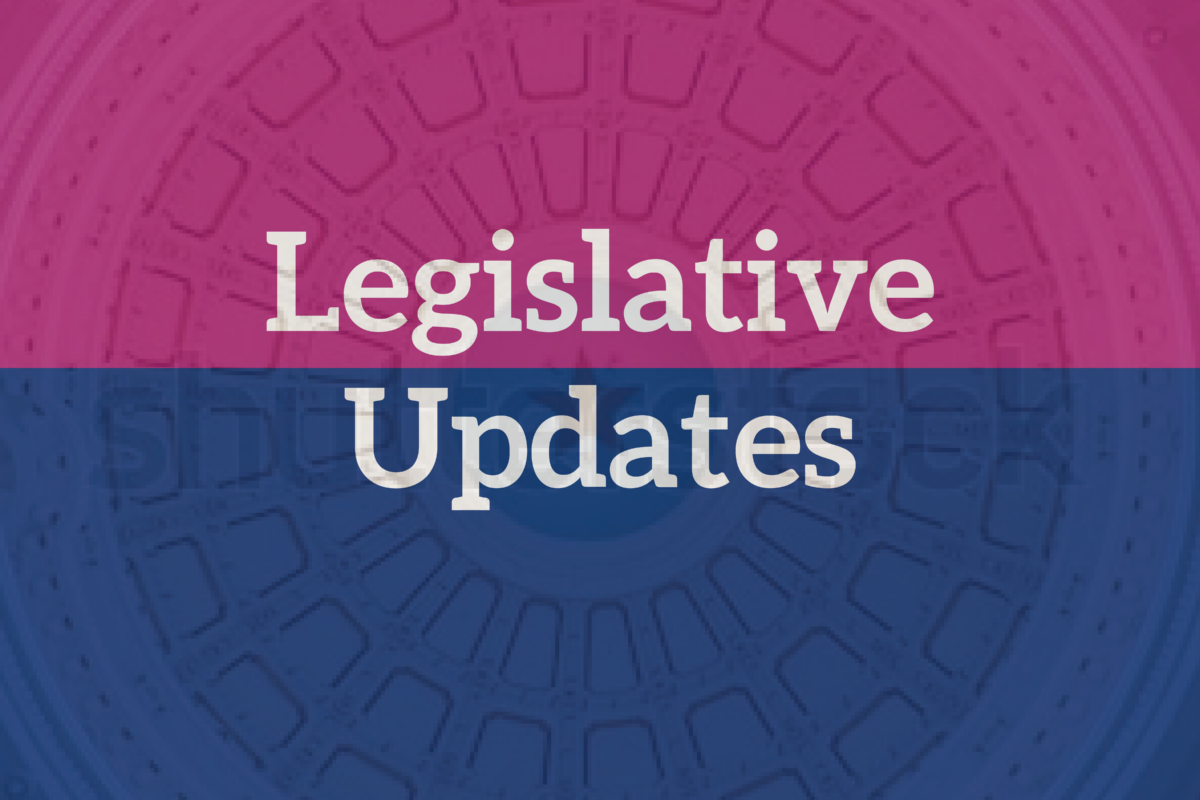

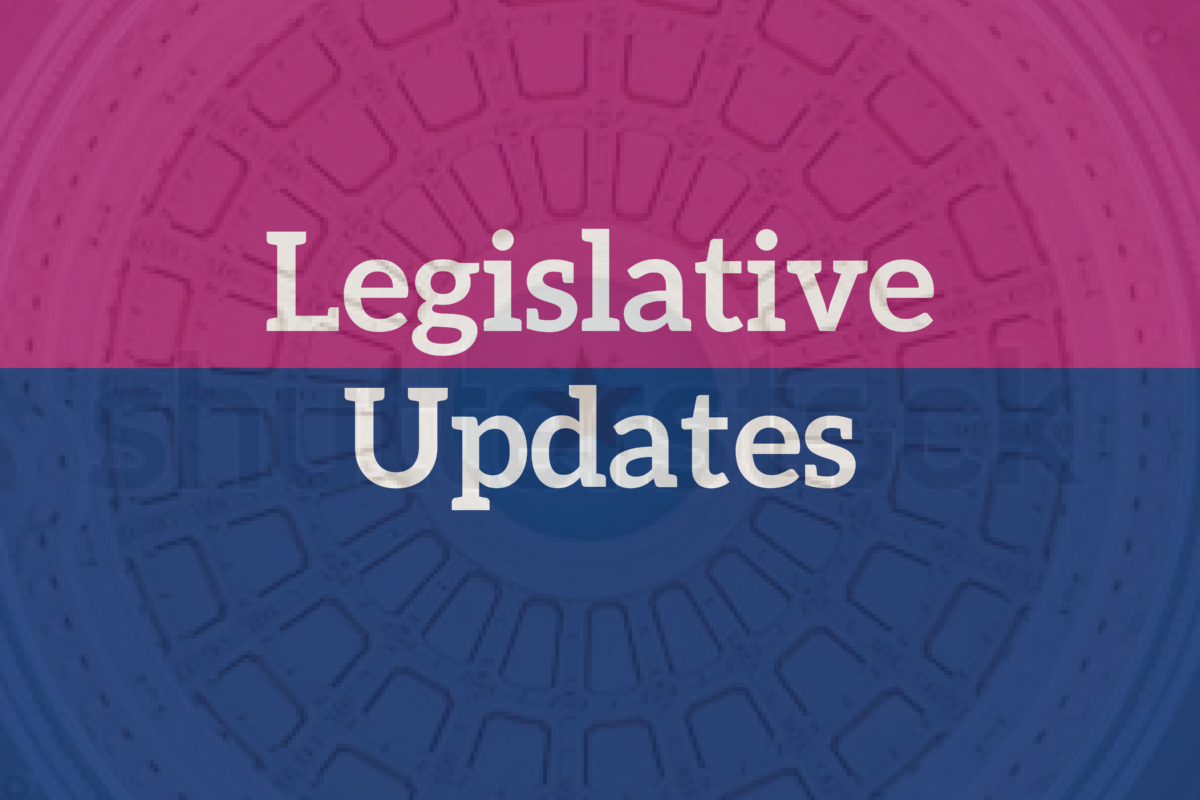

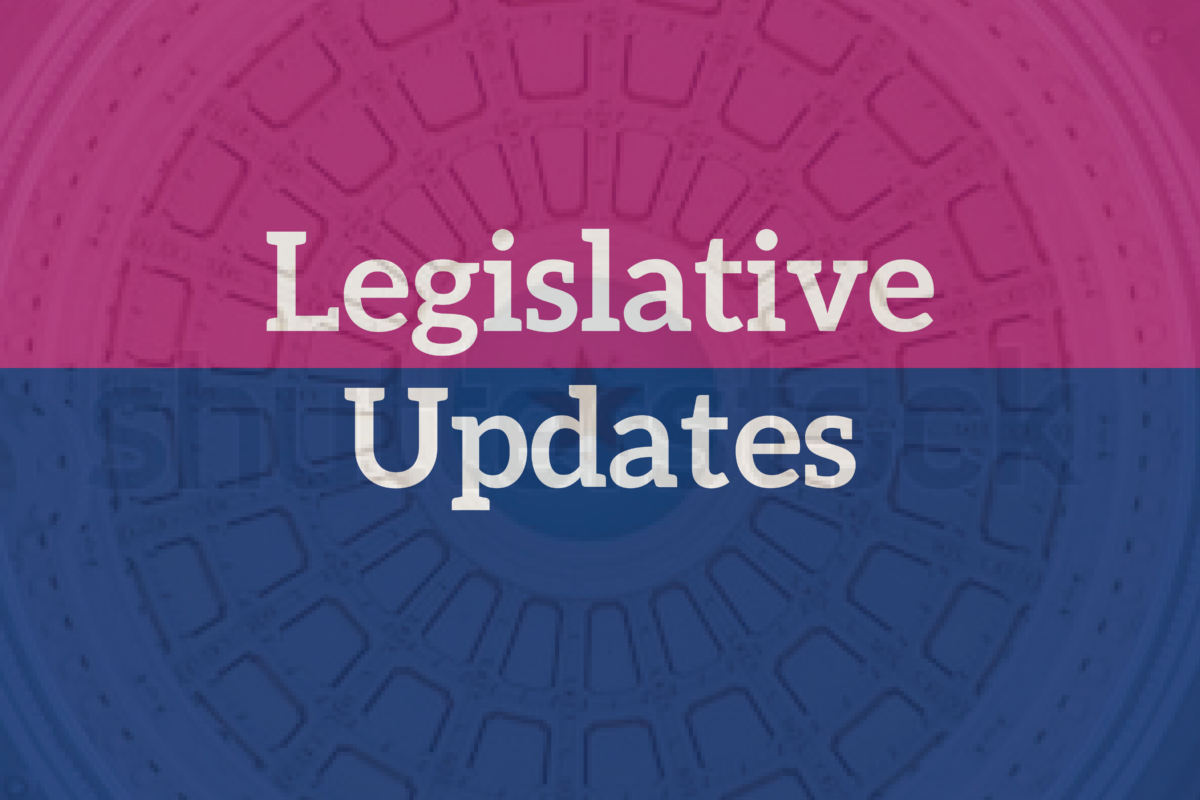

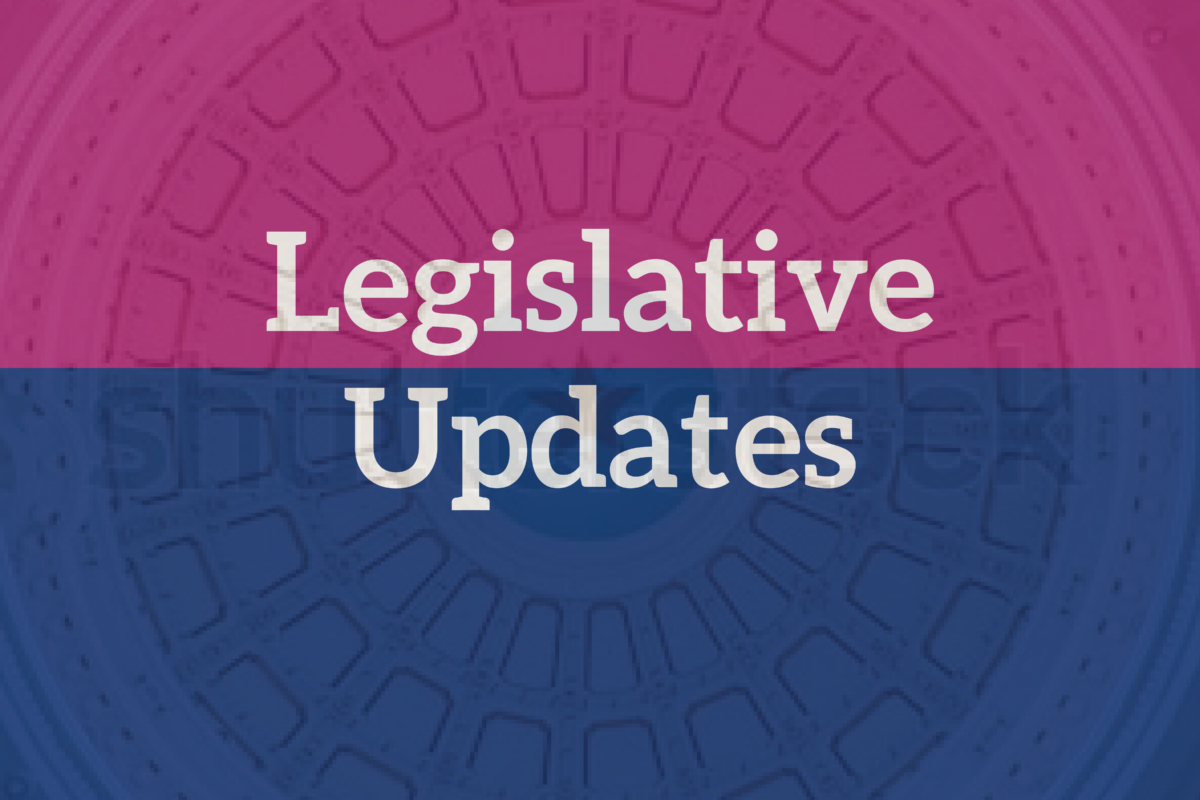





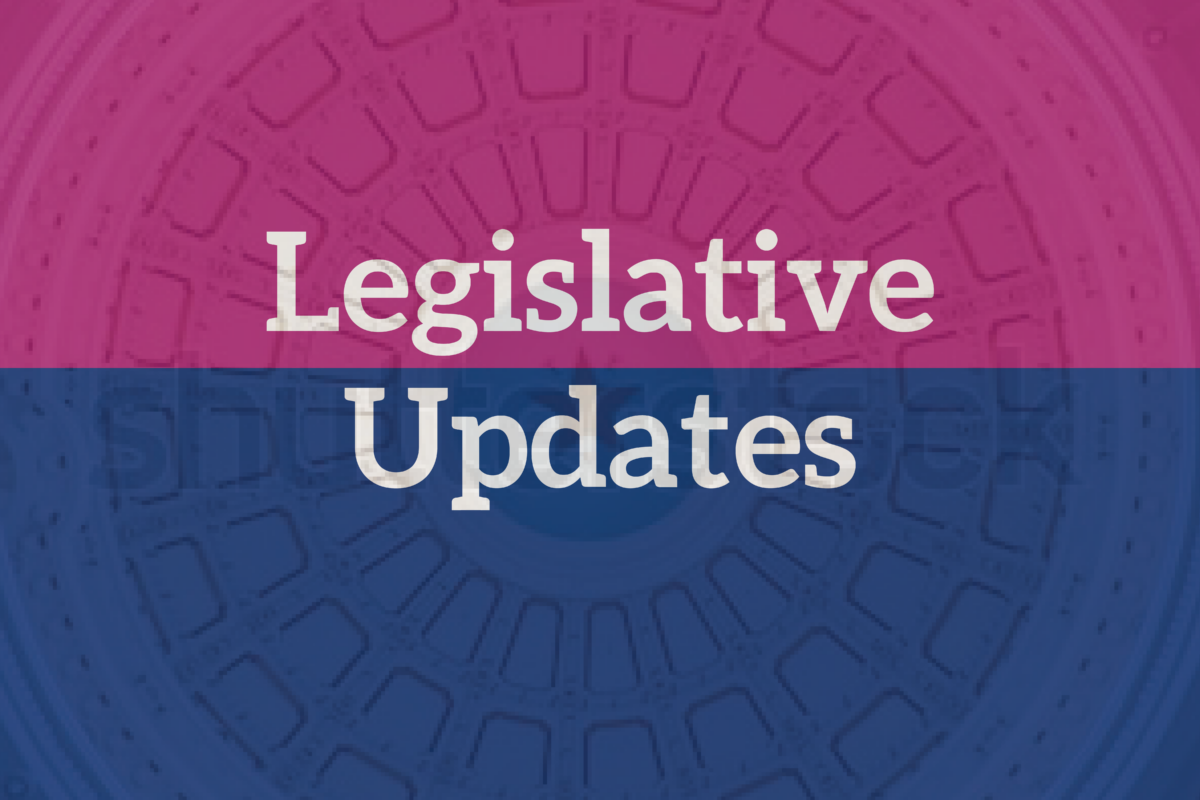

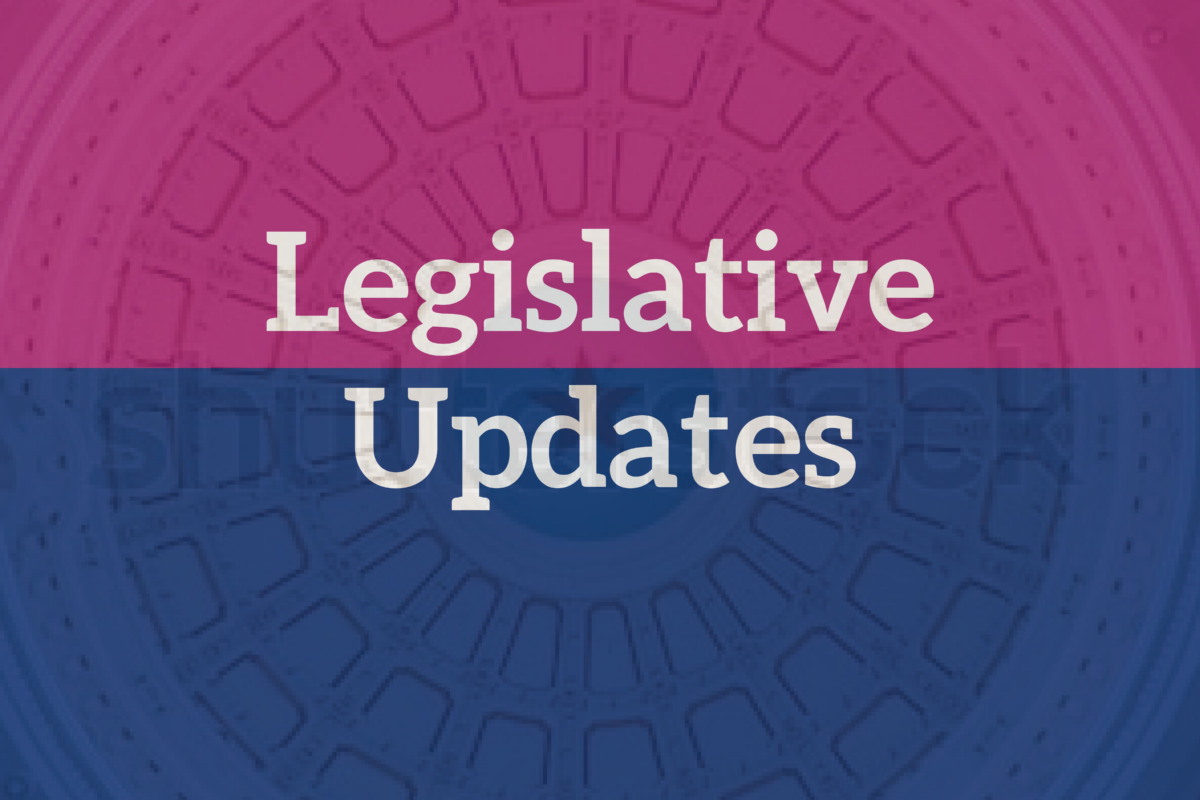

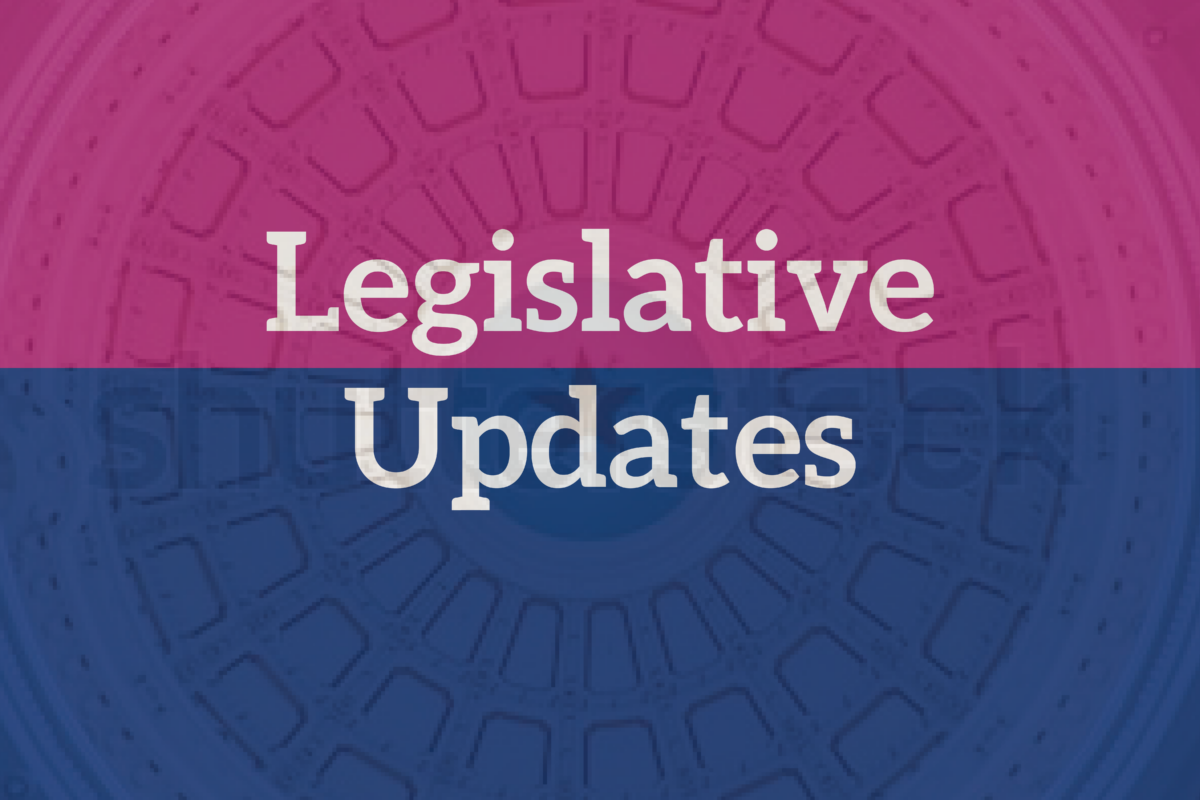
 On Wednesday, Methodist Healthcare Ministries joined the American Heart Association in promoting policies to improve cardiovascular health. Heart advocates urged legislators to support
On Wednesday, Methodist Healthcare Ministries joined the American Heart Association in promoting policies to improve cardiovascular health. Heart advocates urged legislators to support